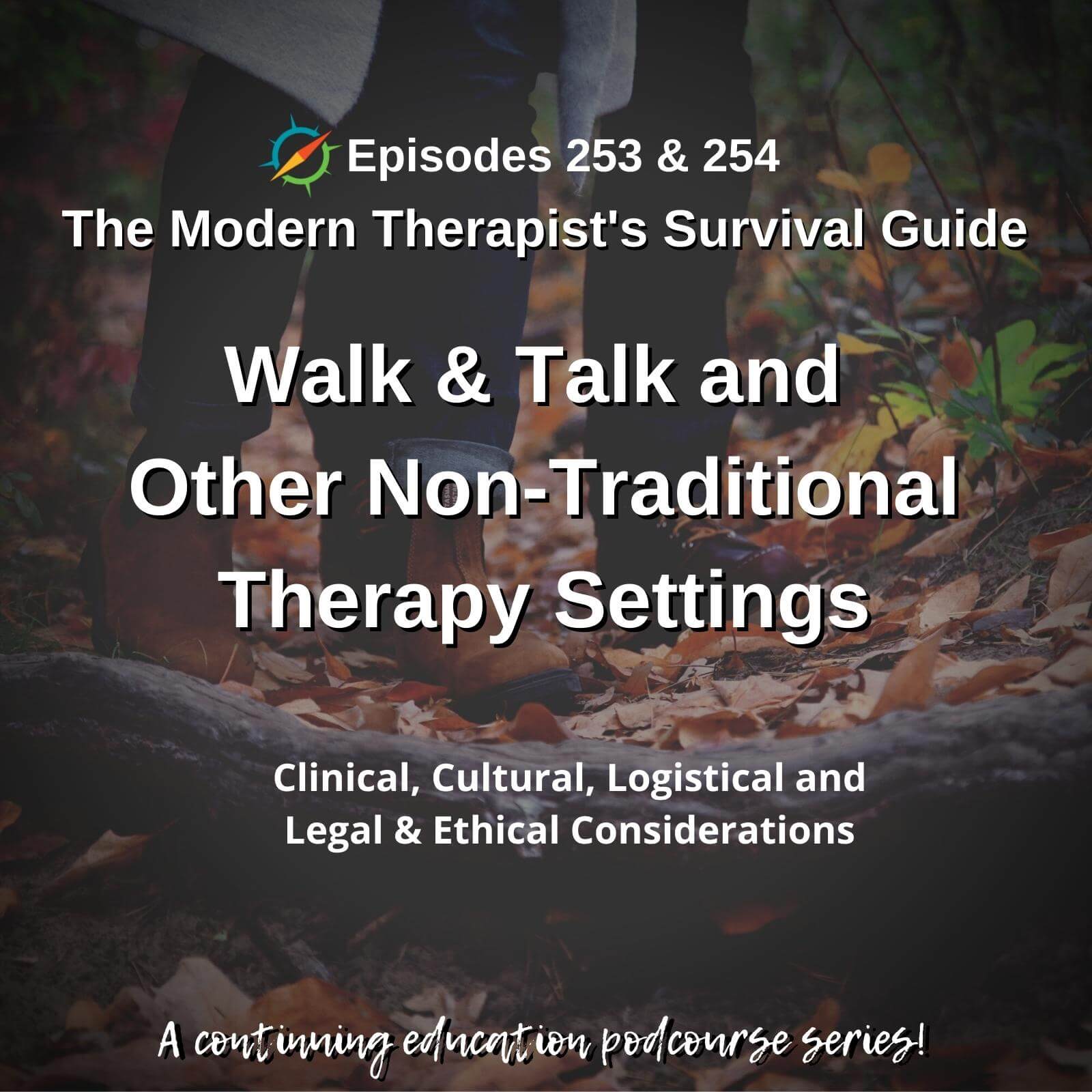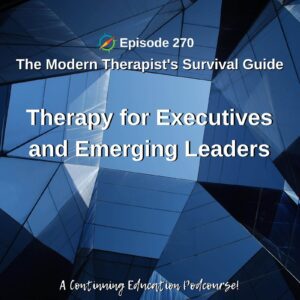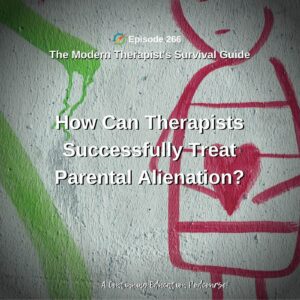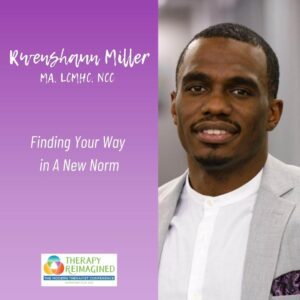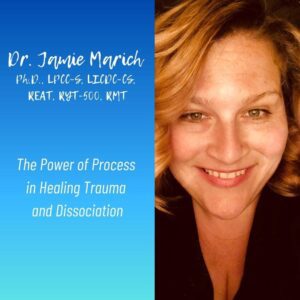Even before the pandemic hit, many different types of therapeutic programs were happening outside of the office. Substance abuse treatment as well as youth programs were heading out into the great outdoors, public mental health was bringing therapy into folks’ homes and communities, and innovative clinicians were inviting their clients to walk and talk. Now that the pandemic has forever impacted how we do therapy, these innovative practices warrant another look. Video sessions have become very popular, but don’t serve every client. How can we be clinically effective with ALL of our clients? Let’s get creative and look at non-traditional therapy settings. In these two CE courses, we’ll talk about what this therapy looks like as well as clinical, logistical, cultural, and legal/ethical considerations for adding these options to your therapy practice. Participants in this course will be able to:
- Identify at least 2 clinical rationales for including non-traditional therapy settings in their treatment plans
- Identify at least 3 benefits for providing in-home therapy
- Implement at least 2 best practices when meeting clients in these settings
- Provide an accurate informed consent for these services to clients
- Explain at least 3 risks to confidentiality to clients (and identify ways to navigate these risks with clients)
- Identify at least 2 potential dual relationships that can occur when engaging in treatment in non-traditional therapy settings
When you purchase this package, you get both courses in the series. That means 2 hours of continuing education (one of which is Law and Ethics). You will also receive an Assessment to help you identify if you and your clients can benefit from these non-traditional therapies as well as thoughts and sample language for your Consent for Treatment.
![]()
Our Presenters
Katie Vernoy, LMFT
Katie Vernoy is a Licensed Marriage and Family Therapist, with a Master’s degree in Clinical Psychology from California State University, Fullerton and a Bachelor’s Degree in Psychology and Theater from Occidental College in Los Angeles, California. Katie’s experience spans many leadership and management roles in the mental health field since getting her license in 2005: program coordinator, director, clinical supervisor, hiring manager, recruiter, and former President of the California Association of Marriage and Family Therapists. Learn more at: www.katievernoy.com
Curt Widhalm, LMFT
Curt Widhalm is in private practice in the Los Angeles area. He is a member of the California Association of Marriage and Family Therapists (CAMFT) ethics committee, an Adjunct Professor at Pepperdine University, lecturer in Counseling Laws and Ethics at California State University Northridge, a former Law & Ethics Subject Matter Expert for the California Board of Behavioral Sciences, and former CFO of CAMFT. Learn more at: www.curtwidhalm.com
___________________________________________________________________________________________________________________________________________________________________________
